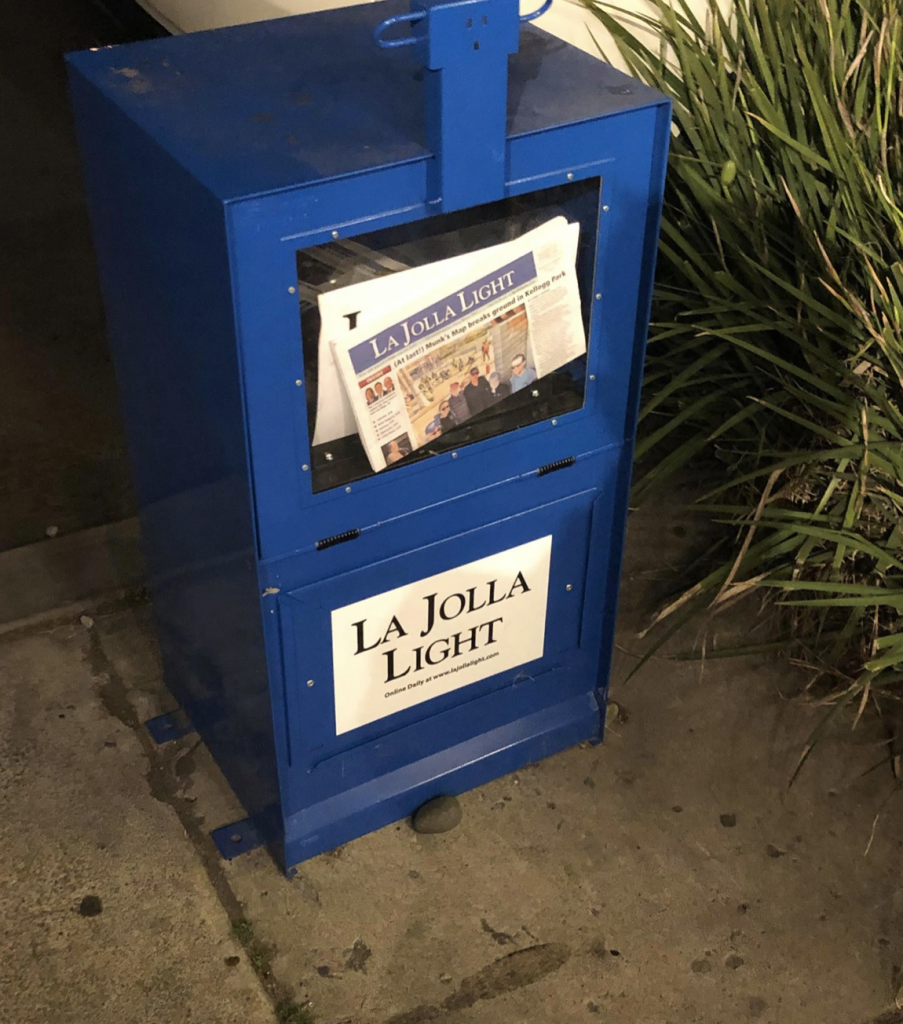While I initially thought that the Enlightenment perspective had much more weight, I thought the later readings we did about Romanticism also had a lot of truth. I do feel like Enlightenment goals are fundamental and totally worth going for, from the first impression of it to how it is fully embodied in our culture today. To somebody very familiar with the 21st century, to me, many of the ideals represented are 100% correct and pretty much just how it is nowadays. Beyond the process of how it shaped the world to the way it is today, I feel like at this point in time a lot of Enlightenment agendas are completely standard; to try to dispute many of these Enlightenment ideas is wrong and alien to me, if I’m being honest.
It initially seemed like Romanticism was just to be contrarian to many of these common sense truths of our current world. However, a lot of the readings we did had a lot of substance, especially when they weren’t mostly a rejection of progressive ideals. The text that wasn’t just presented as a contrast to Enlightenment ideas (which was most of what we read, contrary to my first impression) had a lot of truth to it as well, and while Enlightenment ideals seem to have a much more central theme, I definitely notice many Romantic ideals in how the system is dispersed throughout as well as in my personal life. I feel like the Enlightenment mentality definitely dominates the decision-making process, but Romantic ideas pervade many different parts of life. That being said, it may not be the best course of action to strictly adhere to Enlightenment standards when it comes to action, even if that is how it is right now – maybe different moves could make the world a better place.
From the course material I can definitely discern many things in how the system is now originated from these philosophies, back when they only existed as theory. It seems like every government in the world is operated based off these classical models. I also notice the heavy Enlightenment influence in how capitalism is – finance definitely seems to operate with empiricism first and foremost as its foundation. However, the biggest takeaway for me was how sound and accurate Romantic theory is. There is definitely a lot of truth that is missing when strictly pushing for an Enlightened world that is only truly and fully understood when considering things from a humanist perspective. To ignore the human heart of society is foolish and it is something that is often perpetuated nowadays. In spite of things being the way they are, I sensed a way for improvement not in Enlightenment texts, but in Romantic ones. Romanticism considers the human as an individual – in a world where it is easy to think of people as statistics, it makes a lot of sense to reevaluate things in a more Romantic way.



